On the morning of November 7, the 8th Greater Mekong Subregion (GMS) Summit solemnly opened at the Hai Cang Convention Center, Kunming City, Yunnan Province, China.
Attending the conference were Heads of Government /Heads of Delegations from Cambodia, Laos, Myanmar, Thailand, China, and Vietnam; President of the Asian Development Bank (ADB) and many representatives of international and regional organizations.
Prime Minister Pham Minh Chinh led a high-ranking Vietnamese delegation to attend the conference at the invitation of Chinese Premier Li Qiang.
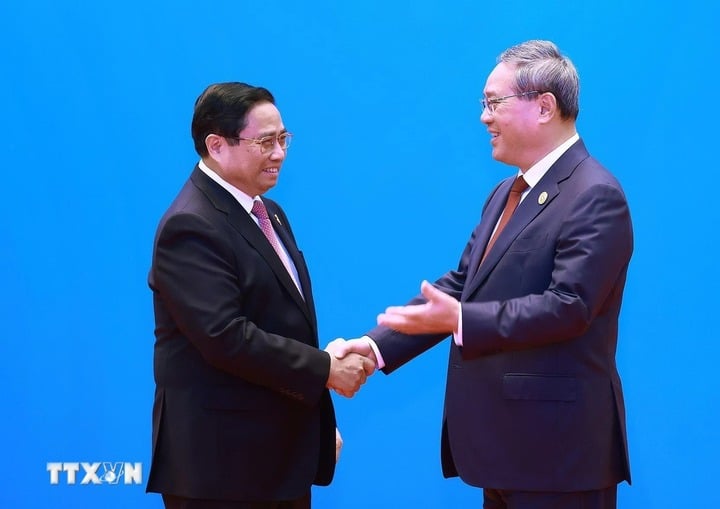
Chinese Premier Li Qiang welcomes Prime Minister Pham Minh Chinh to attend the 8th GMS Summit. (Photo: VNA)
Looking back at the development of GMS over the past three decades, the leaders highly appreciated the great contributions of the cooperation mechanism to the development of the Mekong sub-region, especially in building transport, energy, telecommunications infrastructure, and improving industrial and agricultural production capacity.
More than 12,500 km of roads and 1,000 km of railways have been built; nearly 3,000 MW of electricity has been generated and more than 2,600 km of power transmission lines have been laid, providing electricity to more than 165,000 households.
In the 2021-2024 period alone, the GMS has mobilized nearly 133 billion USD to implement more than 500 development projects in the sub-region. The North-South and East-West economic corridors have truly become exemplary models for cooperation and international economic connectivity, contributing to promoting regional trade and investment, connecting remote areas with seaports, airports and major economic centers.
With a deep awareness of the far-reaching and multi-dimensional impacts of the technological revolution, the conference chose the theme "Towards a better community through innovative development".
In his opening speech, Chinese Premier Li Qiang emphasized that innovation is an important driving force of economic growth; expressed China's willingness to transfer the results of innovation, promote hard and soft infrastructure connectivity, promote sub-regional connectivity through policy connectivity, harmonization of standards, people-to-people exchanges, and travel facilitation; and committed to granting 5-year multiple-entry Mekong-Lancang visas to businesses and experts from member countries.
The leaders stressed the need for enhanced cooperation to exploit the remarkable progress of science and technology to serve the green and digital transformation process in the Mekong sub-region. Accordingly, the leaders agreed to build a GMS Innovation System with three main pillars: digitalization, green transformation and connectivity.
Regarding digitalization, GMS will promote programs and projects on digital human resource training, promote cross-border digital economic connectivity, and build a legal framework for digital economic development. Regarding green transformation, GMS focuses on supporting members to effectively apply green, environmentally friendly technologies in the sustainable use and comprehensive management of natural resources, especially transboundary water resources; conserve ecosystems and biodiversity; and develop smart agriculture.
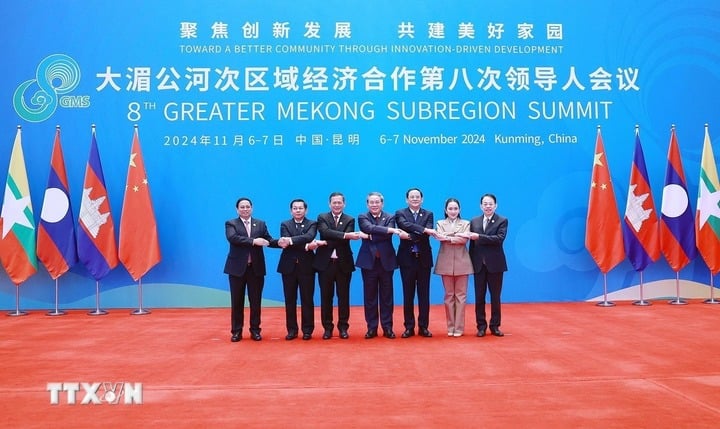
Chinese Premier Li Qiang welcomed Prime Minister Pham Minh Chinh and heads of delegations attending the 8th GMS Summit. (Photo: VNA)
Regarding connectivity, GMS focuses on promoting innovative solutions for cross-border connectivity; encouraging dialogue between management agencies and policymakers; sharing knowledge, technological solutions and business models. Leaders also encourage coordination between GMS and other regional and sub-regional cooperation mechanisms and initiatives to create new impetus for sub-regional development.
At the conference, Prime Minister Pham Minh Chinh delivered important speeches, summarizing lessons learned from 32 years of GMS cooperation and pointing out appropriate directions for the mechanism in the new development period.
The Prime Minister affirmed the strategic role of GMS in the international integration and development process of the sub-region and emphasized five valuable lessons from the success of GMS.
One is the lesson of conducting equal and broad consultation, strengthening consensus among members for the common good.
Second , the lesson is to build substantive cooperation strategies and programs, linked to the actual needs of each country and sub-region.
Third , the lesson of people-centered and community-centered cooperation; promoting economic connectivity associated with environmental protection.
Fourth , the lesson of combining the efforts of each member with the accompaniment of ADB and development partners.
Fifth , the lesson is to turn difficulties into motivation to rise up. The more difficult it is, the more we strive, determine, and unite to create strength to promote cooperation and development.
The Prime Minister emphasized that, in its movement and development, GMS must continuously innovate and create, both to grasp the general trend of the world and to serve the specific development needs of the sub-region. With that mindset, the Prime Minister said that it is time for GMS to focus on developing new-generation economic corridors, with innovation at the center, going beyond the limits of traditional economic corridors. On that basis, the Prime Minister proposed three main contents of the new-generation economic corridor, including:
First , the technology and innovation corridor, aiming at multi-subject, multi-sector, multi-stage connectivity. The focus is on supporting countries to overcome shortcomings in institutions, policies, and capacity in technology and innovation and in resources, including human resources and financial resources.
Second , the economic growth corridor, both renewing traditional growth drivers and promoting new growth drivers. Along with transport infrastructure projects, industrial production, and agriculture, GMS needs to expand investment to create corridors for semiconductors, artificial intelligence, new materials, and clean energy; build digital platforms, expand digital markets, and improve digital skills of businesses and workers. It is necessary to create substantial and effective changes in facilitating the flow of capital, goods, and services in the GMS region.
Third , a green, sustainable and inclusive corridor ensures harmony between economic growth and environmental protection, taking people as the center, subject, driving force, resource and goal of development.
The GMS needs to further promote cooperation programs on environment and ecosystems, disaster management, and climate change response. The GMS also needs to pay special attention to cooperation with the Mekong River Commission in managing and using the common Mekong-Lancang River effectively, sustainably, fairly, and reasonably, and cooperate in applying technology to the integrated management of transboundary water resources.
Prime Minister Pham Minh Chinh emphasized the need for GMS members to unite and coordinate to respond to challenges, and believes that, with the viewpoint of "respecting time, respecting intelligence, innovating to break through, creating to reach far, integrating to move forward, uniting for more strength", this Summit will contribute to realizing the vision and goals of GMS.
The Prime Minister affirmed that Vietnam will continue to cooperate closely with member countries and development partners to build an open Mekong sub-region that is innovative, creative, dynamic, sustainable and prosperous.
The conference ended successfully with GMS members unanimously adopting the Joint Declaration and the GMS Innovation Strategy for Development to 2030. The conference also recognized six documents on climate and environment, digitalization, investment, gender equality, health, and digitalization of trade documents for implementation in the coming time.
Within the framework of GMS cooperation, on the morning of November 6, 2024, the Provincial Governor/Market Forum along the Economic Corridor took place. This is an activity initiated by China and held periodically in Kunming, China, with the aim of promoting exchanges and long-term stable cooperation between local governments and between enterprises of the six GMS member countries.
Source: https://vtcnews.vn/thu-tuong-xay-dung-mot-tieu-vung-mekong-mo-rong-doi-moi-sang-tao-ar906084.html





![[Photo] Prime Minister Pham Minh Chinh meets with representatives of outstanding teachers](https://vphoto.vietnam.vn/thumb/1200x675/vietnam/resource/IMAGE/2025/11/15/1763215934276_dsc-0578-jpg.webp)
![[Photo] Panorama of the 2025 Community Action Awards Final Round](https://vphoto.vietnam.vn/thumb/1200x675/vietnam/resource/IMAGE/2025/11/15/1763206932975_chi-7868-jpg.webp)
![[Photo] General Secretary To Lam receives Vice President of Luxshare-ICT Group (China)](https://vphoto.vietnam.vn/thumb/1200x675/vietnam/resource/IMAGE/2025/11/15/1763211137119_a1-bnd-7809-8939-jpg.webp)
![[Photo] Prime Minister Pham Minh Chinh meets with representatives of outstanding teachers](https://vphoto.vietnam.vn/thumb/402x226/vietnam/resource/IMAGE/2025/11/15/1763215934276_dsc-0578-jpg.webp)

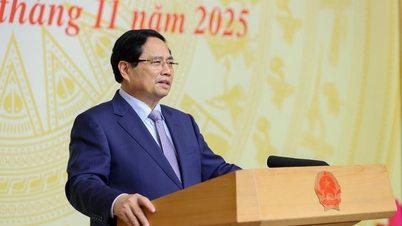



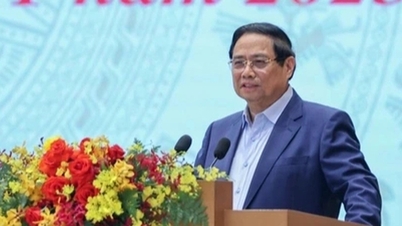


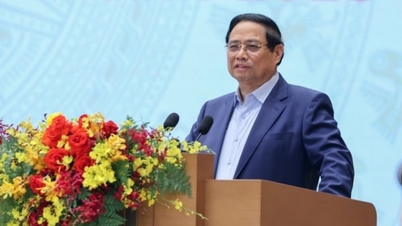














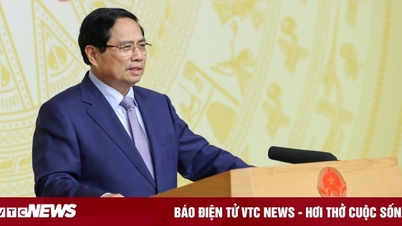
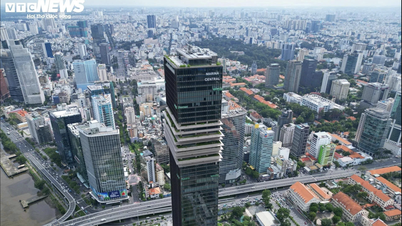
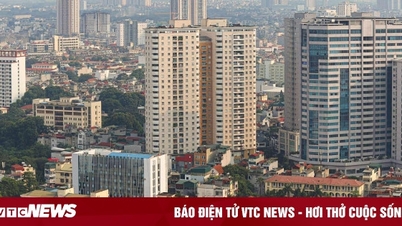
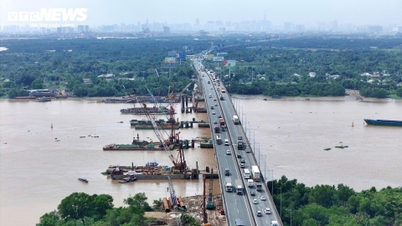







































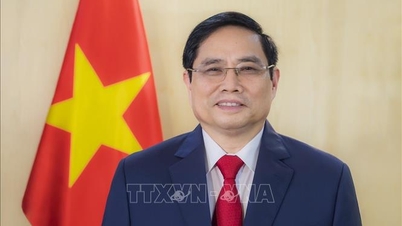
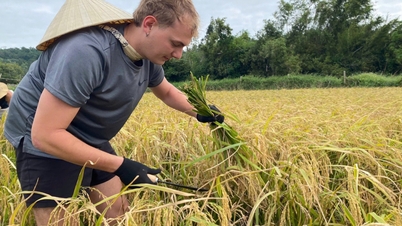
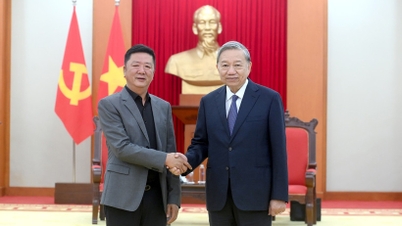





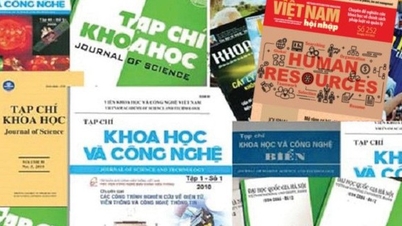
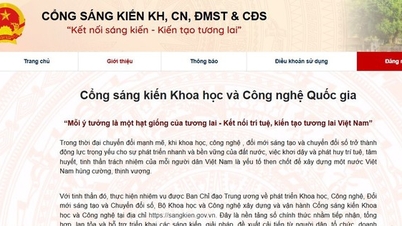


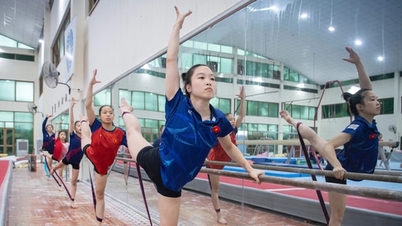

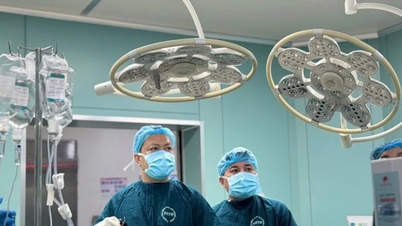
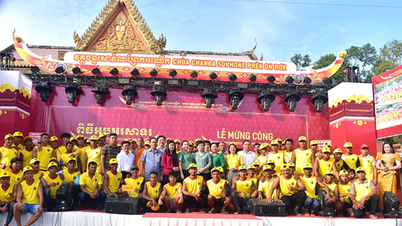












Comment (0)